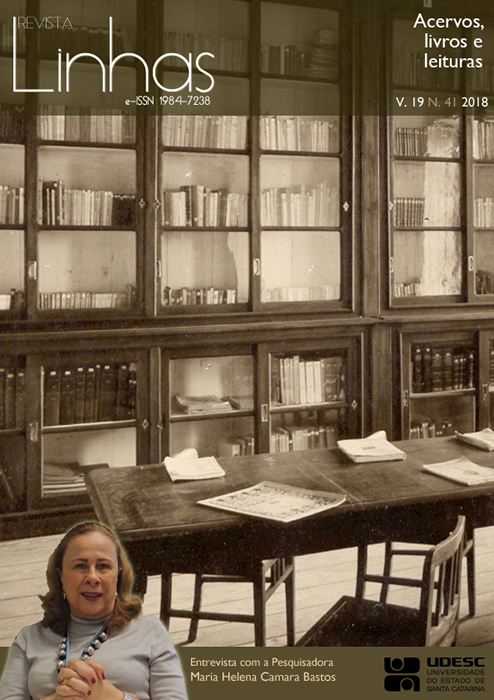The politics of history textbooks in South African classroom in the era of Curriculum 2005
Resumo
South Africa has recently celebrated twenty years of political transition from apartheid government to a democratic nation. One of the important changes in this transition was the reform of classroom curriculum, including the nature of textbook content taught in post-apartheid South African schools. This article discusses the textbook content in the era of Curriculum 2005, a national curriculum statement introduced in 1997 and subsequently revised in 2002. First, I discuss the socio-political history of education in South Africa, including the transition from apartheid to post-apartheid as a context to this analysis. Second, I describe the limitations of history textbooks content taught in post-apartheid classrooms. Using critical theory, I argue that the content of newly adopted history textbooks did not radically interrupt the long-standing misrepresentation and underrepresentation of the political histories of marginalized groups in South Africa, although some textbooks have made progress than others.
Keywords: History Textbooks. South Africa. Post-Apartheid. Curriculum 2005. Critical Theory.
Downloads
Downloads
Publicado
Como Citar
Edição
Seção
Licença
Os artigos publicados pela revista são de uso gratuito, destinados a aplicações educacionais e não comerciais. Os direitos autorais são todos cedidos à revista. Os artigos cujos autores são identificados representam a expressão do ponto de vista de seus autores e não a posição oficial da Revista Linhas ou do Programa de Pós-Graduação em Educação da Universidade do Estado de Santa Catarina.

A Revista Linhas está licenciada com uma Licença Creative Commons - Atribuição-NãoComercial-SemDerivações 4.0 Internacional.


